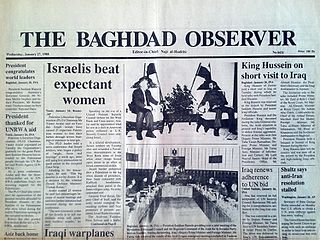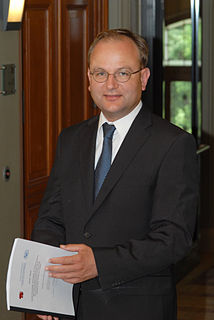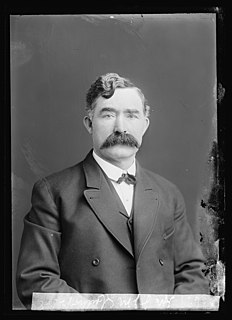A Quote by Henry A. Kissinger
U.S. policy toward the third world should be one of depopulation
Quote Topics
Related Quotes
Oil policy, policy toward the United States, policy toward Iran, Bahrain, Yemen, very unlikely, I think, to see significant change. These policies were the policies that had a wide family consensus. The question I think would be if the king becomes sick, whether you have weak Saudi leadership in the Arab world and the Middle East rather than strong Saudi leadership, but I think the fundamental policies will continue, the ones we’re familiar with under King Abdullah.
He (George W. Bush) should depart. He should go away from the presidency and let the Americans lead an ordinary life with other nations, not a life of aggression, a policy of aggression against other nations. This policy has brought about disasters to the U.S. So for the U.S. to live properly with the world and for the world nations to live in peace, this crazy man should go.
It is estimated that one-third of all reef-building corals, a third of all fresh-water mollusks, a third of sharks and rays, a quarter of all mammals, a fifth of all reptiles, and a sixth of all birds are headed toward oblivion. The losses are occurring all over: in the South Pacific and in the North Atlantic, in the Arctic and the Sahel, in lakes and on islands, on mountaintops and in valleys.
Many people meditate in order that a third eye may open. For that they feel they should close their two physical eyes. They thereby become blind to the world. But the fact is that the third eye will never open. We can never close our eyes to the world in the name of spirituality. Self-realization is the ability to see ourselves in all beings. This is the third eye through which you see, even while your two eyes are open. We should be able to love and serve others, seeing ourselves in them. This is the fulfillment of spiritual practice.
The developed world should neither shelter nor militarily destabilize authoritarian regimes unless those regimes represent an imminent threat to the national security of other states. Developed states should instead work to create the conditions most favorable for a closed regime's safe passage through the least stable segment of the J curve however and whenever the slide toward instability comes. And developed states should minimize the risk these states pose the rest of the world as their transition toward modernity begins.
First of all, developed countries have basically expropriated the atmosphere of the world community. But one must say clearly that we redistribute de facto the world's wealth by climate policy. Obviously, the owners of coal and oil will not be enthusiastic about this. One has to free oneself from the illusion that international climate policy is environmental policy. This has almost nothing to do with environmental policy anymore.
































